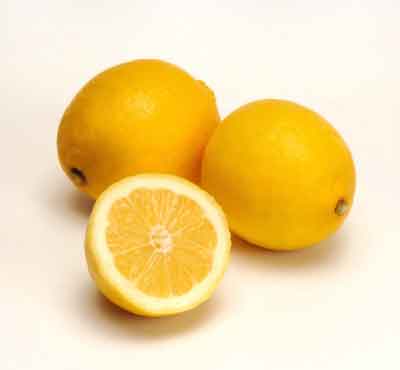|
Raw food diet review - is a raw vegetarian diet a safe and healthy weight loss option?
A great deal of hype exists around the raw movement, but we felt it was time for a thorough raw food diet review. The weight loss results seem to be beyond dispute, but are they achieved healthily, and is 'going raw' a long-term lifestyle option? The advocates of raw food eating generally defend their viewpoint by saying it is our most natural diet historically/ancestrally, and that the food provided by nature in its unadulterated form is the most healthy and nutritious for us. They also argue that it is the diet of our nearest genetic ancestors, the great apes and chimps. One fundamental flaw that must be considered in any raw food diet review however is that these primates are NOT vegetarian/vegan - they regularly consume insects along with their normal diet of fruits, shoots, leaves and nuts, chimps also have a fondness for termites which they will pick up and eat on their own - therefore enjoying a daily source of vitamin B12 that would be unacceptable even to most human carnivores never mind us veggies! Primates in captivity require a B12 supplement when fed on more hygienically produced plant food. Raw food gurus such as David Wolfe have suggested adequate B12 can be obtained from superfoods such as spirulina and seaweeds, but it seems to me that having to seek out such inaccessible (for most of us) food sources somewhat undermines the 'this diet is just so natural and obvious' argument. As does many raw foodists fondness for tropical fruits etc, for a raw food advocate in chilly northern latitudes the sheer food miles involved seems to undermine many of the otherwise green credentials of the approach. Another key point is that, although we share large proportions of our genetic legacy with them, we are actually NOT primates, and have evolved differently. For example the human gut is much smaller, and the human colon makes up only 20% of the overall digestive system, compared to over 50% in the great apes. We simply cannot digest fibre as effectively, and sad to say it this is probably as a result of the eating of meat that increased in the diet of 'homo erectus' over 2 million years ago. Hopefully no carnivore is reading so deeply into this site as to encounter this raw food diet review but yes, it seems, we are in some ways evolved to eat meat, or especially to eat food that is processed in some way to make it easier to digest than in its utterly 'natural' state. Even chimps use rocks to open nuts they could not otherwise eat, and chew fibrous foods to extract the juice before discarding etc. Experts disagree on precisely when heating food became commonplace for early humans, but it would appear to be a logical next step for early toolmakers, to find out that a greater range of plants could be nutritious when say boiled to reduce toughness, and also that meat could be rendered safer via heating. Certainly this appears to have happened sufficiently far back in history for our digestive systems to have evolved to specialise toward it to a certain extent. Whilst food processing/heating can destroy some nutrients it also makes others more bioavailable -ie digestible - eg lycopene in tomatoes, and also inactivates many dangerous toxins. It definitely appears though that the FORM of cooking is important - gentle steaming for example causes only modest nutrient loss compared to the benefits, whereas roasting and searing creates major chemical changes in the food that may have more serious consequences. A final factor every raw food diet review should take account of is where and how we live, when we are far from the equator in the winter - this may simply not be where we are evolved to thrive, and most vegans certainly need either a trip to the sun or food fortified with vitamin D. Indeed the raw foodists fondness for tropical fruit may suggest that we are not well evolved to live well on raw natural food that can be found directly in our environment, in most parts of the world. Having said all this, a raw food diet can help with detoxification and weight loss and appears very unlikely to be damaging in the short term, so provided you get
extra support
in planning your diet if you are intending a long term conversion, you should safely be able to use 100% raw for several weeks as part of a vegetarian weight loss diet, and of course, there is no argument against the fact that we could ALL do with eating a lot more raw fruit and veg in our diet every day.
|






